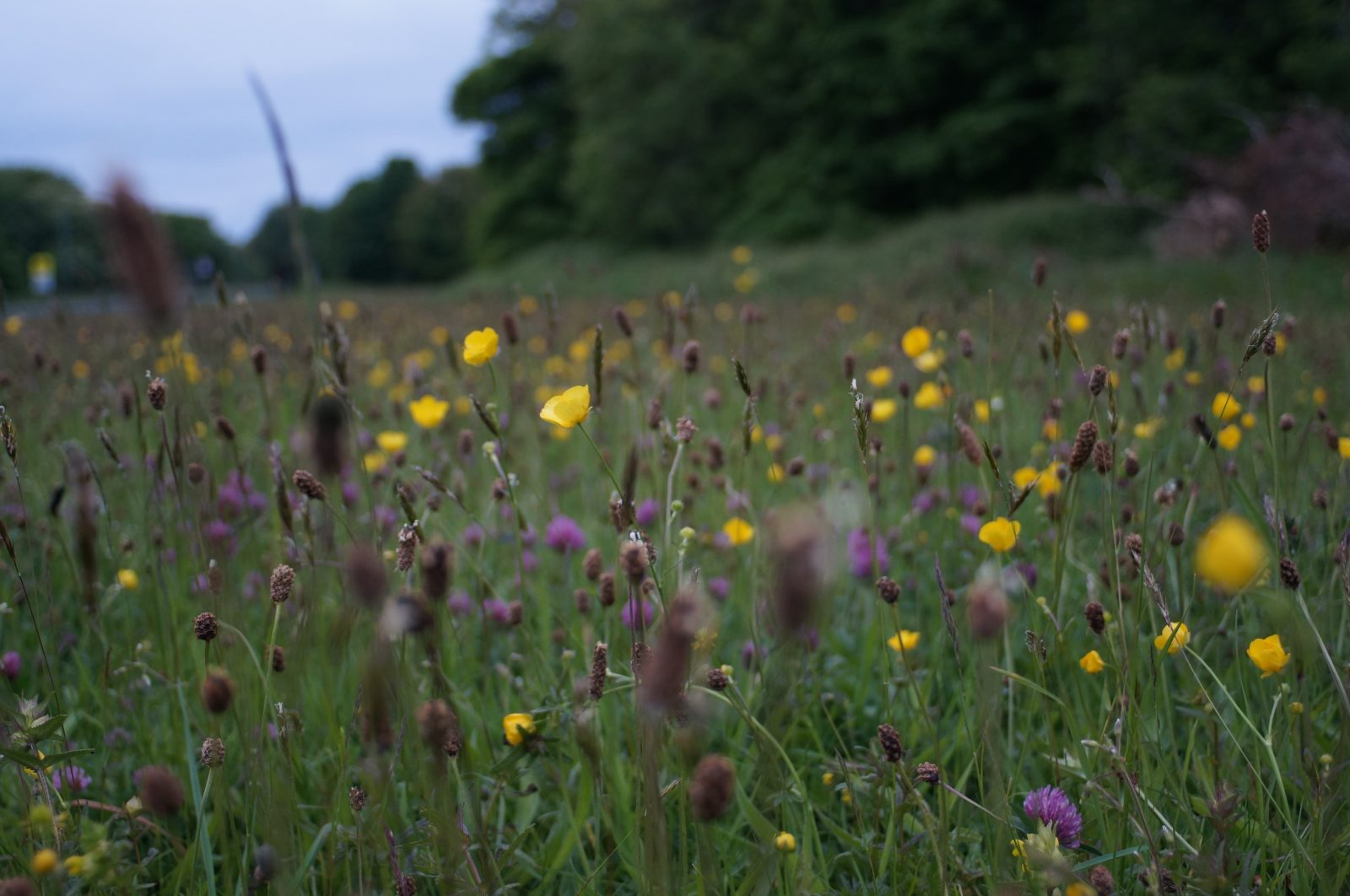Next phase of ELM rollout; Local Nature Recovery (LNR) and Landscape Recovery (LR)

The Secretary of State has announced the next phase of the ELM rollout focusing on Local Nature Recovery (LNR) and Landscape Recovery (LR).
LNR is the improved and more ambitious successor to the Countryside Stewardship Scheme (CSS). It will pay for locally targeted actions to make space for nature in the farmed landscape and the wider countryside, alongside food production. LNR will initially cover the following themes:
- Managing feeding, shelter, and breeding areas for wildlife on arable farms.
- Managing, restoring, and creating grassland habitats such as species-rich grassland.
- Managing, restoring, and creating wetland habits such as ponds, lakes, reedbeds and fens.
- Managing, restoring, and creating lowland healthland.
- Managing, restoring, and creating coastal habitats such as sand dunes, salt marsh and shingle.
- Managing and restoring areas of upland and lowland peat and moorland.
- Targeted measures to support the recovery and reintroduction of wildlife species, such as creating and managing nesting and feeding habitats.
- Managing and creating trees and woodlands, including agroforestry, traditional orchards, and tree planting.
- Nature-based solutions for water such as creating and managing in-field vegetation, buffer strips and swales to reduce and filter run off and contribute to natural flood management.
- Restoring rivers, flood pains, streams, and riparian habitats.
LNR will be open to farmers, foresters and land managers who can deliver the land management activities the scheme pays for on their land. The LNR is designed to complement the Sustainable Farming Incentive (SFI), therefore farmers can enter both schemes provided the same actions are not being rewarded twice. Farmers will be supported and rewarded for collaboration. Working together will help farmers achieve substantial socio-economic benefits, and higher quality and better-connected environmental outcomes.
Similarly to CSS, the LNR will provide a range of options to allow farmers to select the most appropriate options for their farm. LNR is expected to be simple to apply for and administer and will include a fair and proportionate system of controls. From 2024, all ELM schemes will be accessible through a simple digital service.
LNR will be available to a limited number of people in 2023 for a pilot scheme and the scheme will be rolled out across the whole country by the end of 2024.
The LR is designed to complement SFI and LNR. The LR is for landowners and managers who want to take a more radical and large-scale approach to producing environmental and climate goods on their land. The LR will focus and fund projects contributing to biodiversity, water quality and net zero, over a long period and through substantial changes to land use and habitats.
There will be a minimum of two rounds of applications over the next two years for LR pilot projects. The first round of projects will be focused on the following themes:
- Recovering and restoring England’s threatened native species, through recovering priority habitats, habitat quality, and species abundance.
- Restoring England’s streams and rivers: improving water quality, biodiversity and adapting to climate change, through restoring water bodies, rivers, and floodplains to a more natural state, reduce nitrate pollution, benefit aquatic species, and improve flood mitigation and resilience to climate change.
LR is open to any individuals or groups who want to collaborate to deliver large scale projects of between 500 to 5,000 hectares.
- All land types will be eligible, including land inside or outside of protected areas, as well as common land.
- The land can be under any management control or current use, including farming, forestry, managed as individual holding, estates, or public bodies. (Public bodies must apply in collaboration with other land managers).
- The land could be already part of an existing agri-environment scheme.
Although these schemes are largely in the outset of development, if you are interested in any additional details regarding these schemes or would like advice about how these schemes can affect your business, please get in contact with Wilson Wraight.
